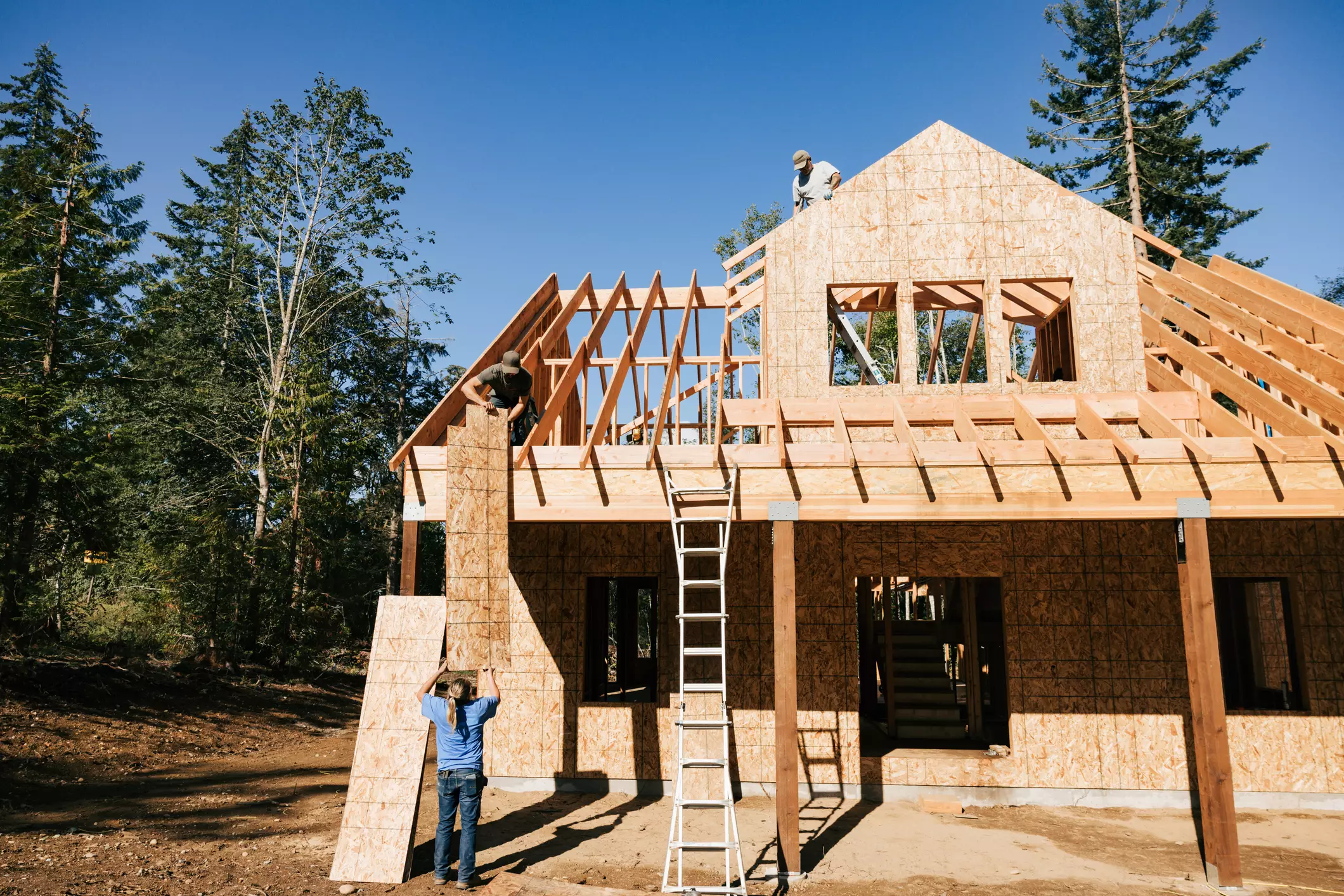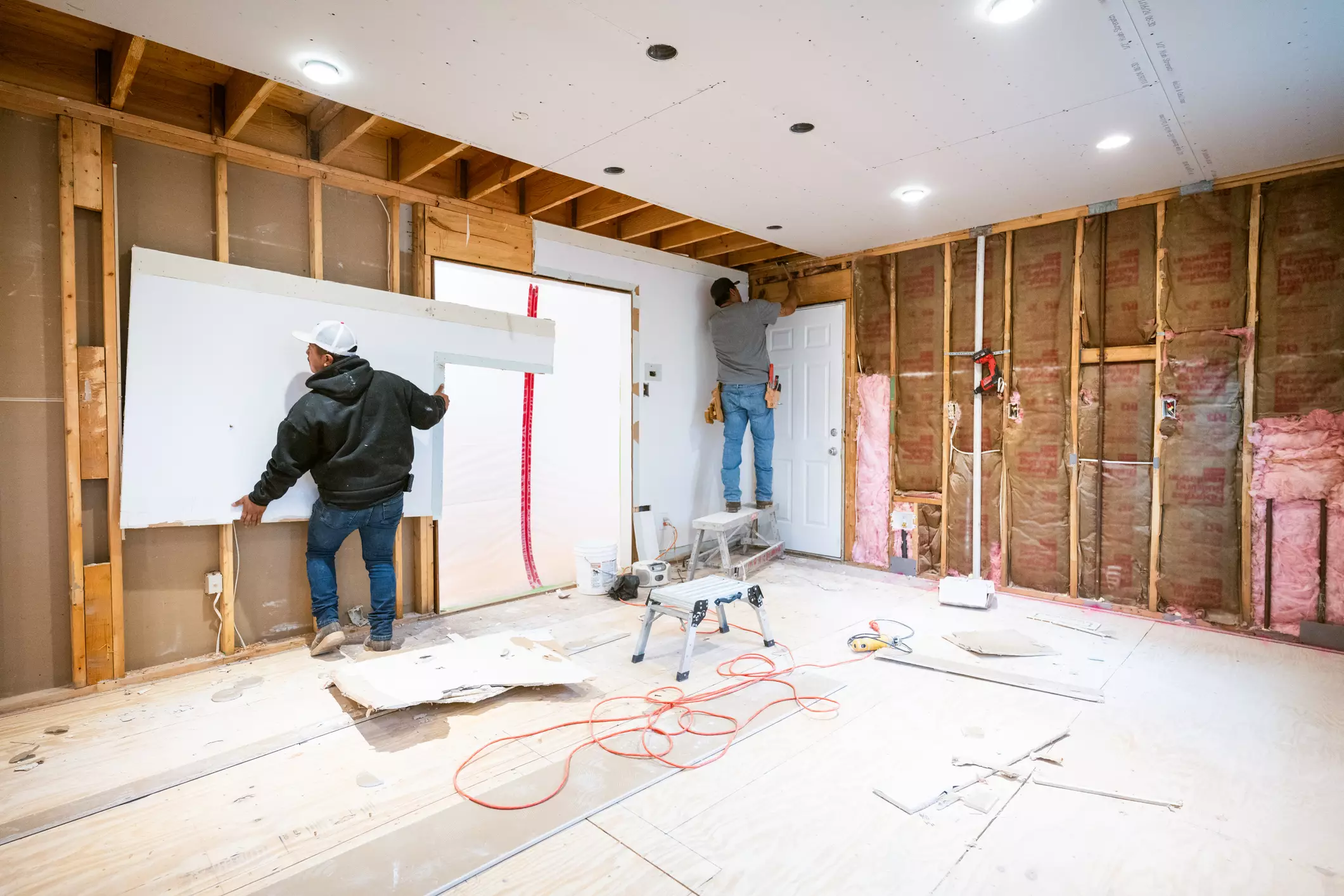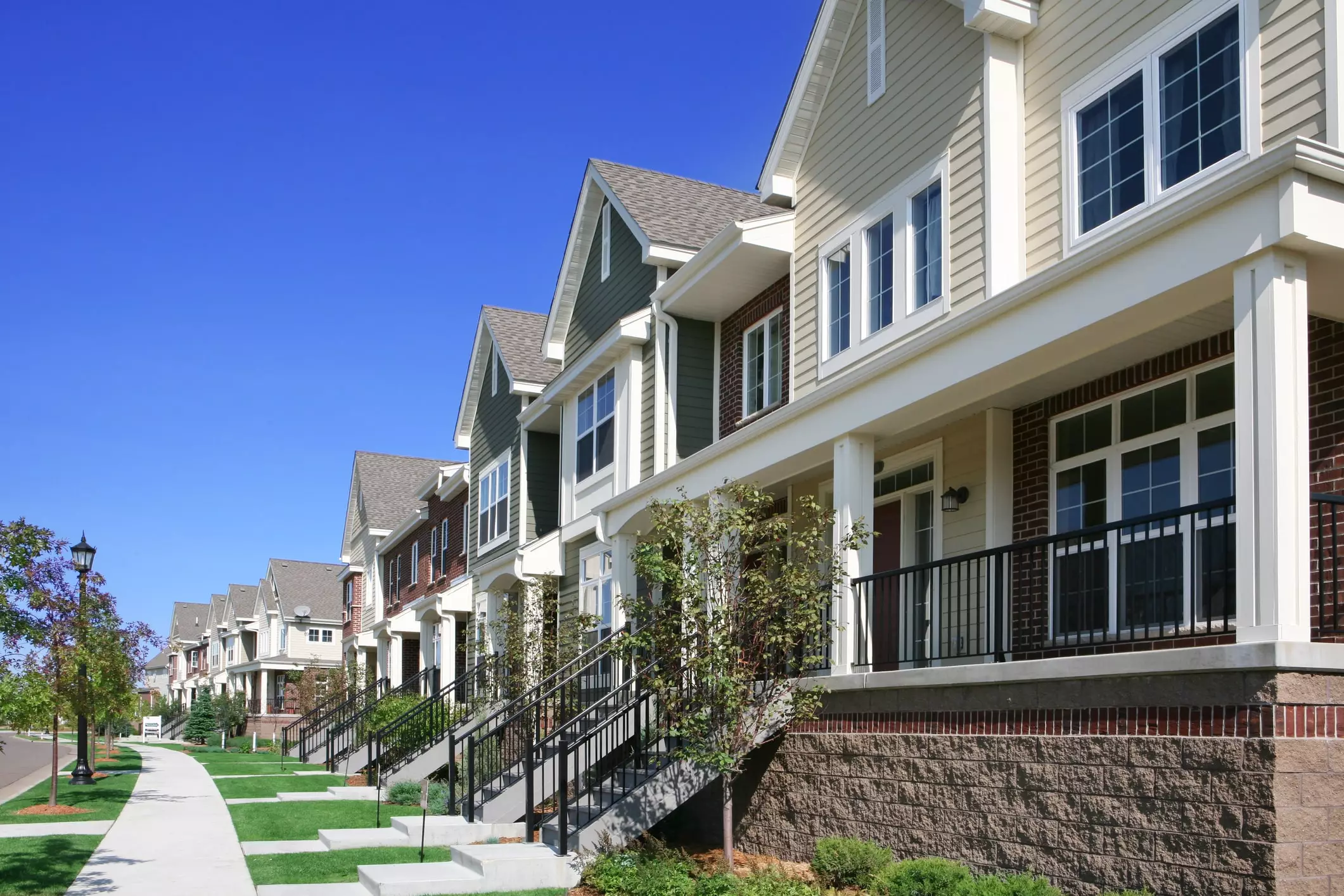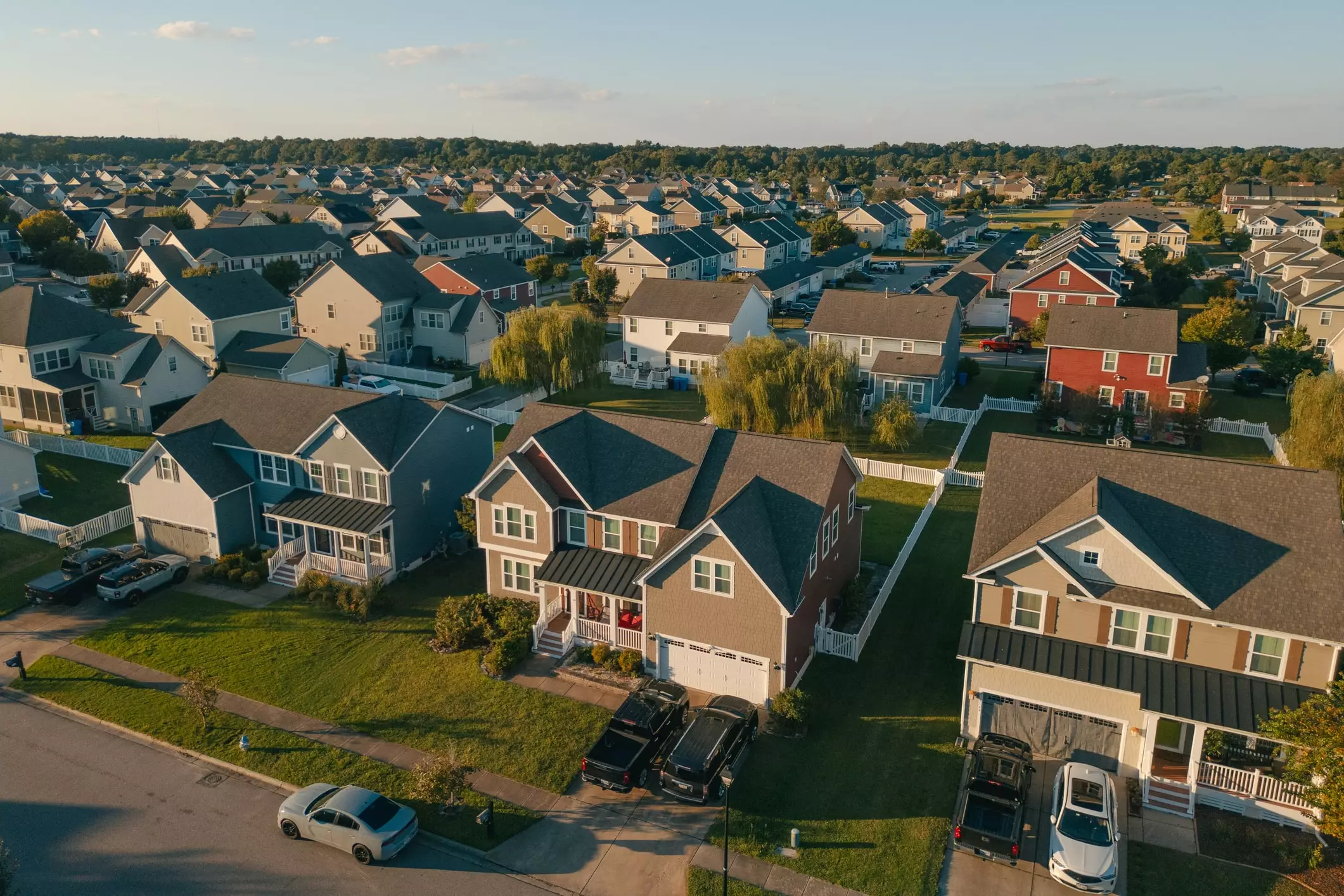Everything You Need to Know About Building Permits in Florida
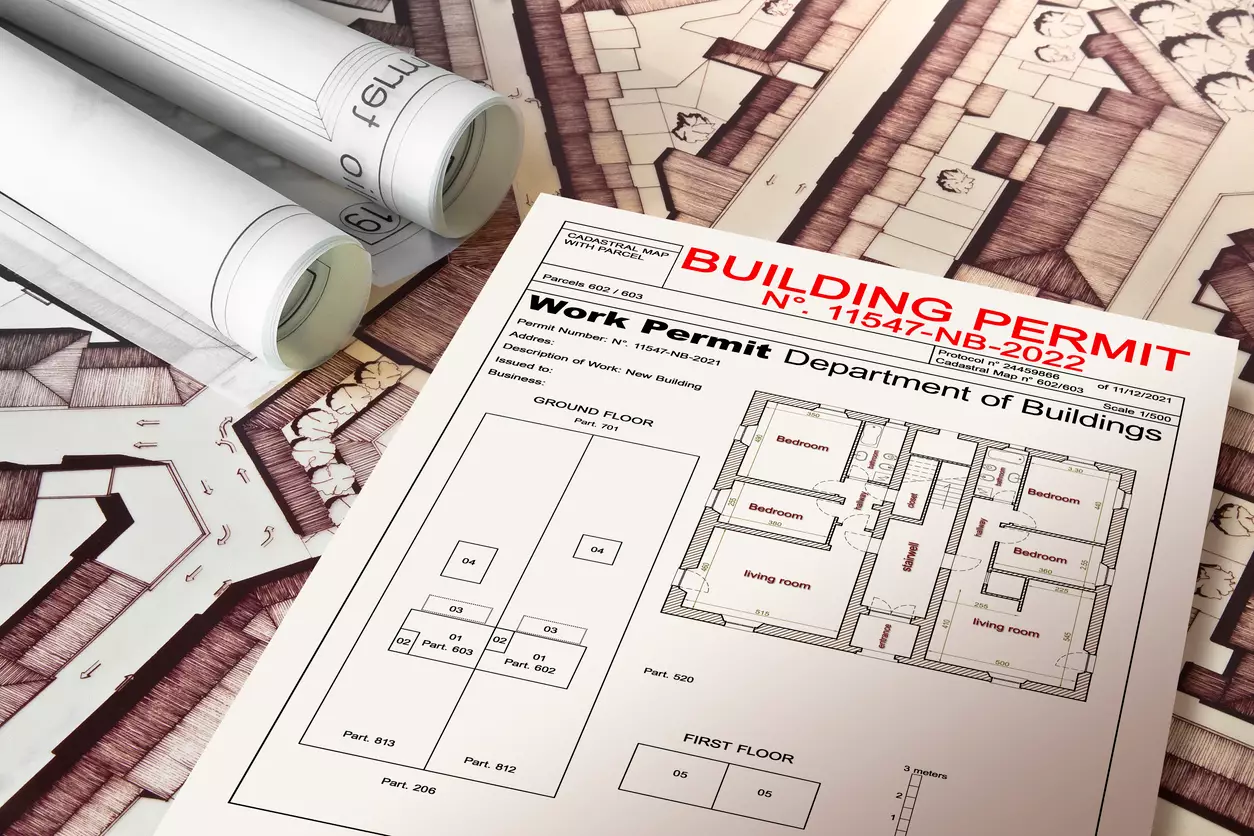
Table of Contents
- Everything You Need to Know About Building Permits in Florida
- What Is a Building Permit and When Is It Required?
- How To Get a Building Permit: Step-by-Step
- How Long Does It Take to Get a Building Permit?
- What Happens If You Don’t Get a Building Permit?
- How To Get a Building Permit in Florida
- Tips to Ensure a Smooth Permit Process
Urban development and construction, whether it involves new construction or renovating an existing structure, require not only creative vision but also strict adherence to local regulations. One key step to demonstrate adherence to state and local laws governing buildings is obtaining a building permit. This document is important because it plays a vital role in ensuring that projects meet safety, zoning, and environmental standards.
While paperwork may not be the most exciting part of construction, failing to obtain the correct permit may lead to serious legal and financial consequences, including the forced removal of unapproved work. These setbacks may halt a project entirely.
This article explores the key aspects of the building permit process, with a focus on how to apply, estimated timelines, penalties for noncompliance, and Florida-specific rules. By understanding and following these guidelines, you can avoid unnecessary delays and move forward with your project confidently and legally.
What Is a Building Permit and When Is It Required?
A building permit is an official authorization issued by a city or county government allowing a property owner to carry out construction, renovation, or certain types of repairs on a property. The document serves as a safeguard to ensure that the proposed work complies with local zoning and building codes and safety standards. Building permits are typically required for projects that significantly alter the structure or systems of property, such as:
- Additions: Including new rooms, garages, or second stories
- Major Renovations: Such as those that affect structural elements or layouts
- Electrical, plumbing, or HVAC installations or upgrades
- Structural Work: Including roof changes or load-bearing wall modifications
- Fencing: Exceeds a specific height, which varies by jurisdiction
Note that building permit requirements may vary depending on the city or county. Local building departments determine which projects need permits and what the application process involves. Hence, before you initiate any significant remodeling or construction work, you must consult with your local authorities to avoid legal or financial issues.
How To Get a Building Permit: Step-by-Step
While the exact steps required to apply for a building permit may vary slightly from one local jurisdiction to another, the following general steps apply in most Florida cities and counties:
- Check Local Requirements: It is recommended that you start the process by visiting your city or county’s official website or contacting the local building department. This is because each jurisdiction may have its own rules, forms, and submission methods that must be followed strictly in order for the application to be considered.
- Prepare Plans: Upon verifying the specific local requirements, you may proceed to develop detailed construction plans. Depending on the scope of the project, you may need to hire a licensed architect or engineer to prepare or approve the drawings.
- Submit Application: Submit your completed application along with the required documents. This may be done online or in person, depending on the specific local requirements in your area.
- Pay Fees: Permit fees are usually calculated based on the type, size, and complexity of your project. Typically, these fees must be paid before the review process begins.
- Undergo Plan Review: After paying the applicable fees and submitting your request, your plans will be reviewed to ensure they comply with building codes, zoning laws, and safety regulations. This step may involve multiple departments, such as zoning, environmental services, and fire safety.
- Receive Permit and Schedule Inspections: Once your application has been approved, you will receive your permit. After that, you must schedule inspections at various stages of construction for local authorities to confirm that the construction or renovation work is being done following local building codes and any applicable provisions in the issued permit.
Note that it is important to be considerate of local zoning laws and building codes as they vary from one municipality to another. You should consult local authorities to understand the specific requirements applicable to building permits in the area where you intend to carry out the new construction or renovation before proceeding to submit a permit application.
How Long Does It Take to Get a Building Permit?
The time required to obtain a building permit varies depending on the scope of the project and the volume of requests before the local permitting office. Generally, permits for minor projects such as those required for small repairs or straightforward installations (examples include adding a deck to your backyard and rewiring the electricals for your house) may be approved within five business days. However, permits for major construction projects, such as home additions or new buildings (examples include landscaping your front lawn, installing a new faucet, and painting your house a different color), may take up to 8 weeks or even longer in some cases.
Note that several factors may affect the time taken for a permit to be approved. One common factor is a backlog in the city or county planning office, especially in areas with high construction activity. The completeness and accuracy of your application are two additional factors that may delay the issuance of the building permit. Missing documents or unclear plans may lead to resubmissions and longer processing times. Additionally, if the project requires zoning, environmental, or historical reviews, these steps may extend the time taken for the permit issuance.
What Happens If You Don’t Get a Building Permit?
If you fail to obtain a building permit prior to commencing construction or major renovation works, you face certain risks. These risks include the imposition of fines and penalties by the local building authority and the issuance of a stop-work order. A stop-work order requires that you halt all activities until the property permits are obtained.
Unpermitted construction or renovation activities may create long-term problems down the line. If you intend to sell the property, the lack of required permits may be discovered during the inspection process, potentially delaying the sale or lowering the value of the property. In more serious cases, the local government may require you to remove or demolish the unapproved work entirely. In addition, insurance claims may be denied if the damage is related to unpermitted construction, leaving you financially responsible for the losses and repairs.
Furthermore, while it may be possible to obtain a retroactive or after-the-fact permit, the process for obtaining such a document is usually complicated and may involve inspections, code corrections, and additional fees. Hence, it is generally better and easier to apply for and obtain permit rules from the beginning.
How To Get a Building Permit in Florida

If you plan to obtain a building permit in Florida, the process typically begins with applying to your local building department, which may be done online. Many counties and cities, including Tampa, Miami-Dade, and Orlando, have digital permitting systems that allow applicants to upload construction plans, track the status of their requests, and receive approvals electronically.
Note that the building permit process in the state follows the Florida Building Code. This code is a set of regulations, with statewide ramifications, that is designed to ensure safety and structural integrity. However, the state allows local governments to include additional requirements tailored to meet regional needs and specifications, especially in locations vulnerable to extreme weather.
One of the most important considerations in issuing and obtaining building permits in Florida is the state's hurricane code compliance, particularly in coastal areas. Usually, state and local government authorities insist on structures that must meet strict wind resistance and impact standards to withstand tropical storms and hurricanes before issuing permits for buildings. Additionally, if you are looking to request a building permit in Florida, you should check for flood zone restrictions and environmental impact rules. These regulations may affect project design and approval.
Tips to Ensure a Smooth Permit Process
To ensure a smooth permit request and approval process, there are steps to consider. One way to avoid delays is to only work with licensed professionals, such as architects, engineers, or contractors, who are familiar with local codes and permitting procedures. Their experience may help you submit accurate plans and respond promptly to certain potential issues that may arise after submitting your request.
Also, before applying, prepare a detailed site plan that clearly indicates the scope of the work, including measurements, materials, and any relevant structural or utility details. A well-prepared plan helps speed up the review process.
Another step to ensure a smooth application process is to double-check local zoning restrictions to confirm that your project is allowed in your area. Note that zoning rules may affect height limits, property setbacks, and land use. Therefore, ignoring the rules may lead to the rejection of redesign orders by the relevant authority.
While the steps mentioned earlier are to be taken before submitting your application, there are other steps recommended for after you have submitted the request. For instance, throughout the process, you should maintain open communication with the local building department. That way, you can respond quickly to any questions and provide any supporting information, documentation, or clarifications that may be requested after submitting your application.
In addition, ensure to schedule any required inspections in advance with the relevant authority. In some cases where inspections are necessary, some departments have wait times. Hence, to avoid delay, you should consider scheduling your inspection ahead to cut short the processing time.
Search Property & Deed Records
Table of Contents
- Everything You Need to Know About Building Permits in Florida
- What Is a Building Permit and When Is It Required?
- How To Get a Building Permit: Step-by-Step
- How Long Does It Take to Get a Building Permit?
- What Happens If You Don’t Get a Building Permit?
- How To Get a Building Permit in Florida
- Tips to Ensure a Smooth Permit Process

